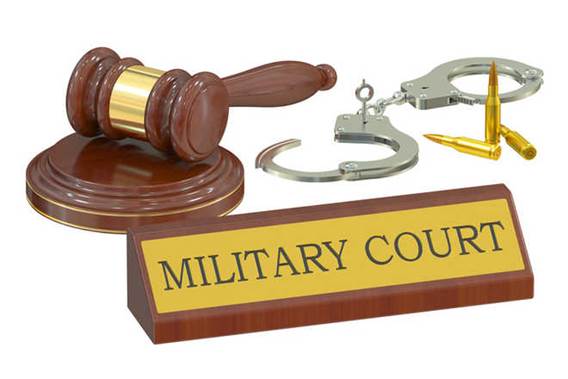Free Courses Sale ends Soon, Get It Now


Free Courses Sale ends Soon, Get It Now



Copyright infringement not intended
In News
Armed Forces Tribunal
Armed Forces Special Powers Act (AFSPA)
Special Powers under AFSPA: According to the Armed Forces Special Powers Act (AFSPA), in an area that is announced as "disturbed", an officer of the armed forces has powers to:
Present Status
https://t.me/+hJqMV1O0se03Njk9
© 2024 iasgyan. All right reserved